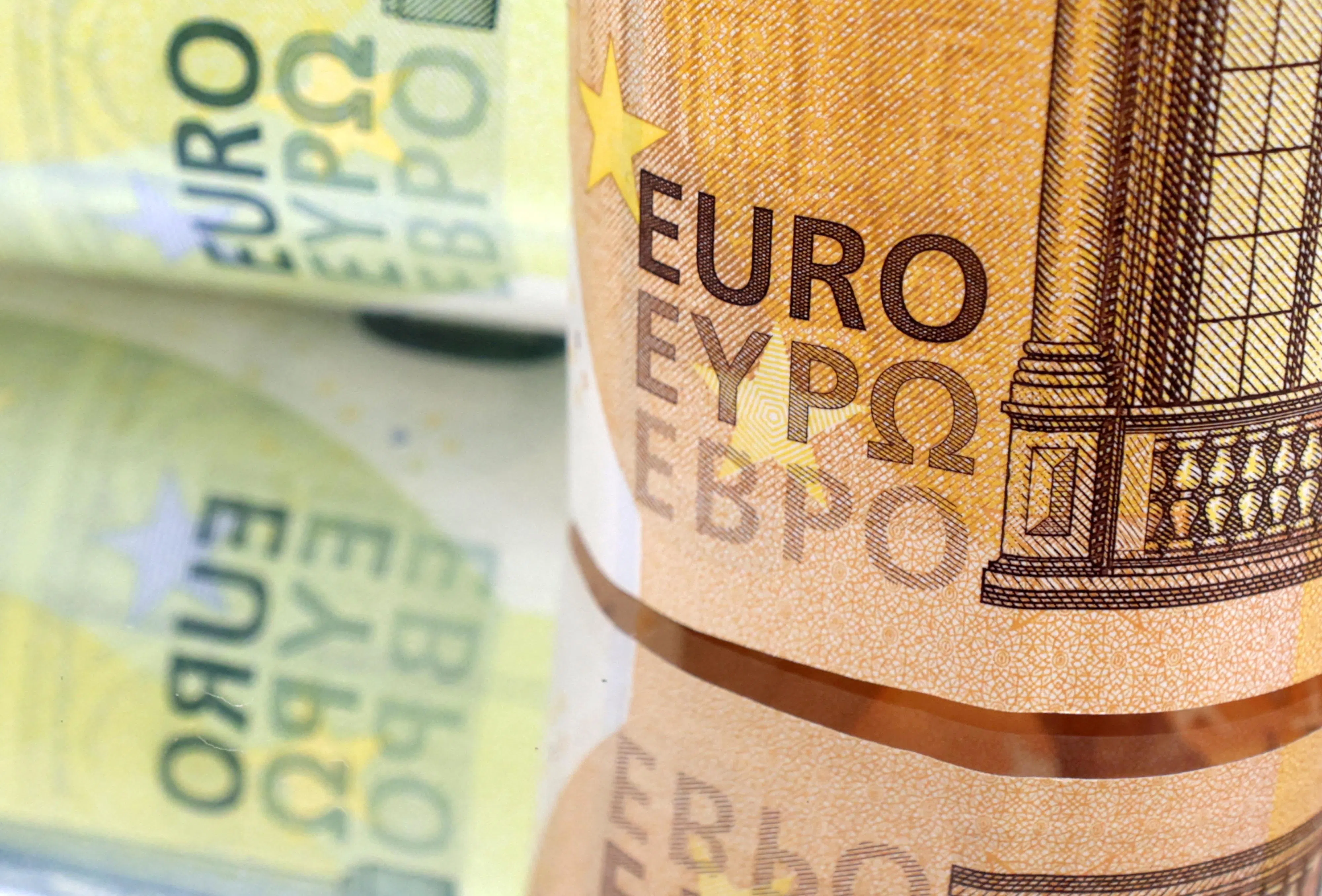[ad_1]
THE euro steadied on Monday (Jul 8), recovering overnight losses that stemmed from projections from France’s election which pointed to a hung parliament, while the US dollar remained soft.
The dollar remained on the back foot following surprisingly soft US payrolls data on Friday, which boosted bets for the Federal Reserve to soon start cutting interest rates.
Sterling rose to three-and-a-half week highs versus the dollar and euro, building on the gains following the Labour Party’s landslide election victory last week, which ended 14 years of Conservative rule.
The Australian dollar benefited from greenback weakness to push to a six-month peak.
The yen held above last week’s near 38-year trough to the dollar, but weakened from the day’s highs.
The euro was flat at US$1.0828, having earlier slid as much as 0.4 per cent, as investors weighed up the consequences of a hung French parliament.
BT in your inbox

Start and end each day with the latest news stories and analyses delivered straight to your inbox.
That was among several surprises in projected results, including the likely first-place finish for the leftist New Popular Front alliance, and third-place showing for Marine Le Pen’s nationalist, eurosceptic National Rally (RN), which had been the frontrunner going into Sunday’s vote.
Polling agencies forecast that the left would get between 184 and 198 seats – well short of the 289 seats needed for an absolute majority. President Emmanuel Macron’s centrist alliance was expected to get 160 to 169 seats, and the RN and its allies 135 to 143 seats.
“The shock of a far-right party gaining a majority was avoided in the short term, but the rise of left-wing parties and increasing political uncertainties could raise concerns over French fiscal deficits and eurozone stability in the medium term,” said Ken Cheung, director of FX strategy at Mizuho Securities.
The euro weakened slightly against the Swiss franc, which had been an early beneficiary of investor concern around the implications for the wider euro zone from potential instability in France.
The single European currency was last down 0.1 per cent at 0.9702 francs, its lowest in a week, but remained within sight of last week’s one-month high.
“In our view, these election results are unlikely to have a long-lasting negative impact, given there will be essentially no significant change in the political situation in the National Assembly,” Nomura senior macroeconomist Andrzej Szczepaniak said, adding that euro/Swiss should “grind towards parity” over the summer.
The dollar index, which measures the US currency against the euro, sterling, yen and three other major rivals, was flat at 104.95, stabilising after a near 1 per cent slump last week, exacerbated by Friday’s softer US jobs data.
Traders currently set about 76 per cent odds for a rate cut at the Fed’s September meeting, up from 64 per cent a week ago, according to the CME Group’s FedWatch Tool. A subsequent cut is predicted by December.
The dollar was last up 0.1 per cent at 160.93 yen, still below last week’s high of 161.96.
Sterling rose 0.1 per cent to US$1.2825, its highest since Jun 12.
The Aussie dollar was down 0.1 per cent at US$0.6741, having earlier edged as high as US$0.67615 for the first time since Jan 4, as the risks of another central bank rate hike contrasted with increasing bets on a near-term cut by the US Fed. REUTERS
[ad_2]
Source link







